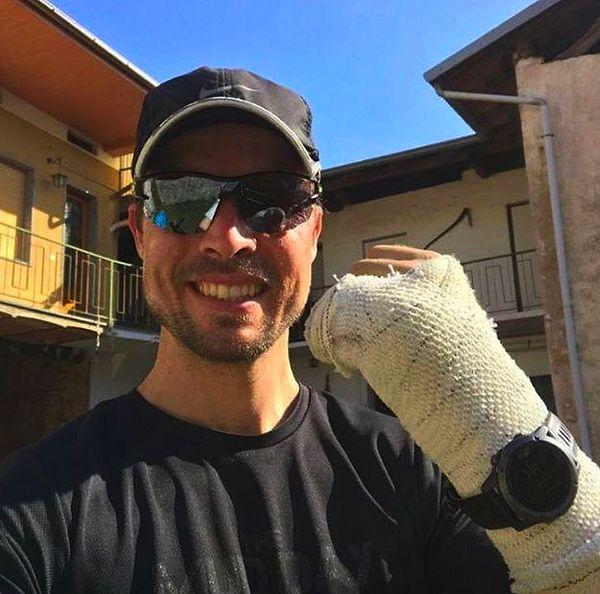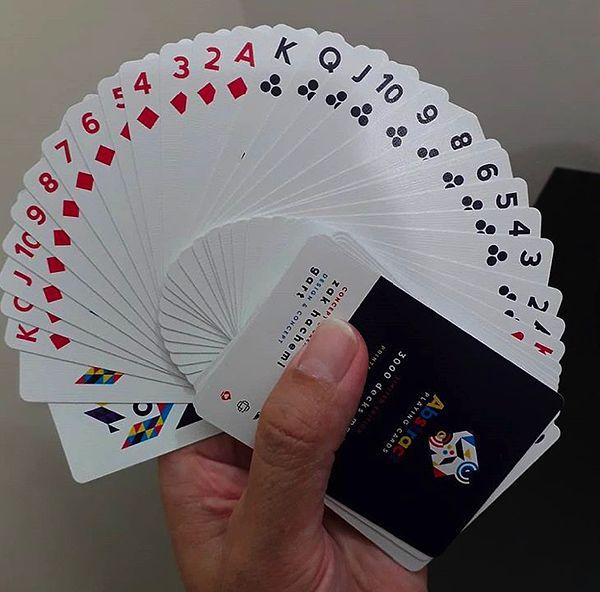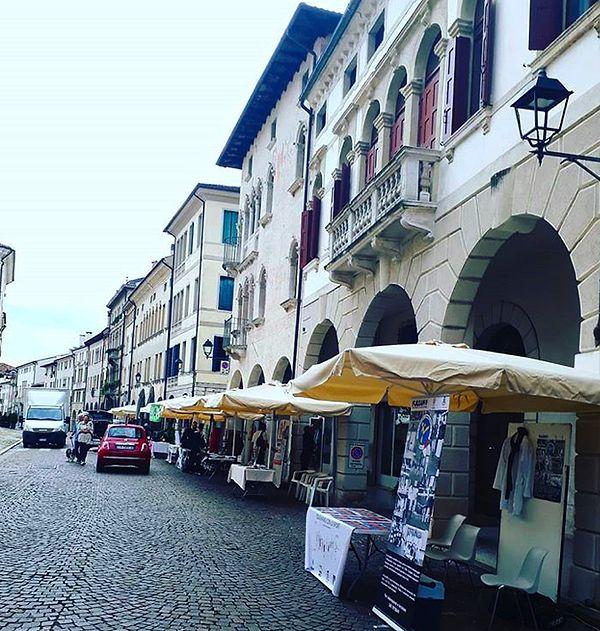 13 Bizarre Taxes From Different Countries You’ve Probably Never Heard About Before!
13 Bizarre Taxes From Different Countries You’ve Probably Never Heard About Before!
The history of a human being probably has seen lots of ridiculous tax laws! Here are some unusual taxation rules that exist in countries across the globe and you probably have no idea about them!
1. The chopstick tax - China

Every year, China makes about 45 billion pairs of disposable chopsticks. In 2006, China introduced a 5% tax on disposable wooden chopsticks in order to protect and preserve the shrinking forests. The authorities believe that this measure will encourage people to eat with reusable, plastic chopsticks instead of traditional ones.
2. The fat tax - Japan

The famous “Metabo Law” in Japan requires men and women between the ages of 40 and 75 to have their waist measured every year. If their waistlines exceed a certain size (85 cm for men and 90 cm for women), they must pay a fine.
The Japanese fat tax was introduced as an attempt to overcome increasing obesity rates and keep the spread of diseases like diabetes and strokes in check.
3. The bagel tax - New York/USA

New York has a special bagel tax which applies specifically to bagels that are altered in some way. This means that if your bagel is sliced or served with a topping, you must pay an extra 8-cent tax. Eating your bagel in the store where you’ve bought it will also be subject to the tax.
To avoid paying this tax, you can buy an unaltered bagel and take it home to slice and eat it.
4. The plaster tax - Austria

The Austrian Alps is the perfect place for ski lovers of all types, from beginners to professionals. Not surprisingly, tourists who don’t feel confident enough when skiing usually end up in Austrian hospitals with fractures and other injuries.
For this reason, the government decided to include a special tax on medical services into its regular tourist tax. There is no fixed amount for this tax as it’s collected directly by the resort you stay in.
5. The entertainment tax - India

A movie night in India can actually cost you quite a bit. Here, you have to pay a special tax on movie tickets, large-scale commercial shows, exhibitions, amusement parks, and other fun activities. The tax varies from state to state and ranges from 5% to 28% depending on the form of entertainment.
6. The shelled nut tax - England

In England, buying nuts with shells might save you money. That’s because there’s a 20% value-added tax (VAT) on shelled, roasted, and salted nuts. So it would be much better for your budget to stick to nuts in shells and sort them out yourself.
However, there’s a slight loophole with peanuts — they’re not taxed if they’re shelled as long as they’re not salted or roasted.
7. The junk food tax - Hungary

A tax on various packaged foods that are high in salt and sugar like chips, biscuits, cakes, and even energy drinks and sodas came into force in Hungary in 2011. Officially, it’s called the Public Health Product Tax and it adds about 20 cents to the price of these items.
By introducing this tax, the Hungarian government wants to promote a healthy diet and force its citizens to make better food choices. Surprisingly, it seems to be working — about 59% to 73% of consumers reduced their intake of the taxed products.
8. The playing card tax - Alabama/ USA

Alabama is the only state in the US that taxes you for buying a deck of cards. For each deck you purchase, you have to pay 10 cents extra. The seller must also pay $1 and an annual license tax of $3. However, this tax applies only to decks that contain 54 cards or fewer.
9. The sun tax - The Balearic Islands

The Balearic Islands host about 11 million tourists a year and this puts great pressure on local resources. That’s why a new tourism tax, or the sun tax, was introduced there in 2016.
The charge applies to all visitors of Majorca, Menorca, Ibiza, and Formentera and ranges from $2 to $4 a day. The money collected through the tax is used to improve tourism infrastructure like to clean the beaches and coastal areas, preserve heritage sites, and recover local ecological balance in particular.
10. The tanning tax - USA

Since 2010, every American who has wanted a solarium has had to pay an additional 10% fee of the cost of the procedure. The tanning tax applies to all indoor tanning services unless they are performed by a licensed medical professional. Its main purpose is to combat skin cancer.
11. The cow gases tax - Estonia

Although it may sound pretty ridiculous, the tax on cattle gases really exists in Estonia and its purpose is rather serious — this is a way for the government to try to prevent air pollution and reduce the greenhouse effect.
When a single cow digests grass, it produces on average, 350 liters of methane and 1,500 liters of carbon dioxide a day. According to different estimates, this accounts for about 15% to 25% of overall gas emissions into the air.
The $5,000 tax charges large Estonian farms with more than 300 cows. Interestingly enough, it doesn’t concern breeders of other animals which also contribute to air pollution.
12. The tattoo and piercing tax - Arkansas/ USA

Body art is becoming more and more popular among Americans — it’s estimated that 36% of US citizens between the ages of 18 and 29 have at least one tattoo. So it’s no wonder that some governments are trying to protect their residents from going to non-professional tattoo artistsand getting undesirable consequences like skin infections or even HIV transmission.
The leading example of this policy is shown by the state of Arkansas in the US. Since 2005, its residents have been charging an additional 6% tax on tattoo and body piercing services. The tax is also applied to electrolysis hair removal.
13. The shadow tax - Conegliano/ Italy

Restaurant owners and shopkeepers in Conegliano, a town in the Veneto region in Italy which is known for its dry prosecco, have to pay about $100 a year if their shading devices or signs cast a shadow on public streets.
The shadow tax was created in 1993 and was supposed to be enforced throughout all of Italy, but only the Conegliano authorities accepted it. After its implementation, most local owners simply decided to take away their tents and awnings.
Keşfet ile ziyaret ettiğin tüm kategorileri tek akışta gör!


Send Comment